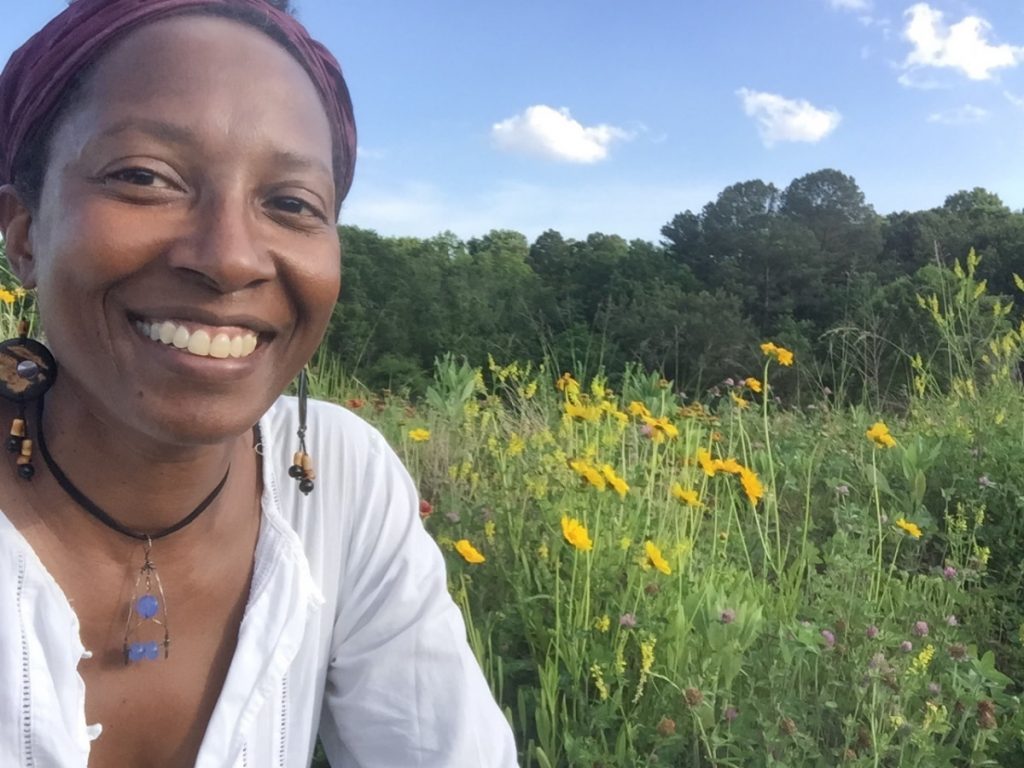SARAH VEST – STAFF WRITER

Writer’s block, or the inability to take pen to paper, is a perpetual issue that writers of all strokes have had to deal with at some point in their careers. Zelda Lockhart, Week Two’s prose writer-in-residence at the Chautauqua Writers’ Center, has spent a lot of time thinking about this particular problem.
Lockhart holds a doctorate in expressive arts therapies, a master’s degree in literature and a certificate in writing, directing and editing from the New York Film Academy. Her works include The Soul of the Full-Length Manuscript: Turning Life’s Wounds into the Gift of Literary Fiction, Memoir, or Poetry; Fifth Born; Fifth Born II: The Hundredth Turtle and Cold Running Creek. She is director at Her Story Garden Studios: “inspiring Black women to self-define, heal and liberate through the literary arts,” and publisher at LaVenson Press: “publishing for women and girls of color.”
She prefers to call writer’s block, a person’s “creative saboteurs” that link into their deepest fears and prevent them from being able to be in reciprocity with creating. She treats these saboteurs not as immovable blocks, but as things that can be repurposed.
The genres are just the container — what’s going into those containers is your mind, body and soul.”
– Zelda Lockhart,
prose writer-in-residence,
Chautauqua Writers’ Center
Lockhart will be hosting her Brown Bag at 12:15 p.m. EDT Friday, July 9 on the CHQ Assembly Virtual Porch. The lecture, titled “Naming & Repurposing Your Creative Saboteurs,” comes from the third chapter of her book The Soul of the Full-Length Manuscript called “Spelunking and Internal Saboteurs.”
“(This chapter is) funny, and it’s basically calling out everybody’s saboteur so that people can just laugh about it and laugh about themselves,” Lockhart said.
With that, the book — and her Brown Bag — are going to take a turn toward the more serious. According to Lockhart, it isn’t enough to simply acknowledge one’s own “creative saboteur,” but the writer must ask themselves, “What can I do with it?”
“It’s likely rooted in your early root system, of your wounds in life, so it’s not going anywhere,” Lockhart said. “So how do you repurpose it and make it work for you as a creative person?”
She finds that this technique of dealing with creative saboteurs can be applied not only to prose writing, but to all creative outlets. She pushes it further and thinks this technique can be used to deal with non-creative aspects of life as well, such as buying a house, being in a relationship, or even getting up and going to work.
“You wouldn’t call a mug of water something other than water; you wouldn’t call a bucket of water something other than water,” said Lockhart. “The genres are just the container — what’s going into those containers is your mind, body and soul. That’s the water.”
Lockhart hopes that from her Brown Bag, people can learn not to be afraid of themselves. She acknowledges that that is how people are designed and that, to an extent, fear is good. However, if people get too caught up in their fears, they lose the ability to discern what is healthy and what isn’t.
“It would be great if people walked away with (the ability) to even begin the process of questioning and hoping to seek new discernment around what fears are getting in the way of them being able to do what they came here to do,” Lockhart said.




